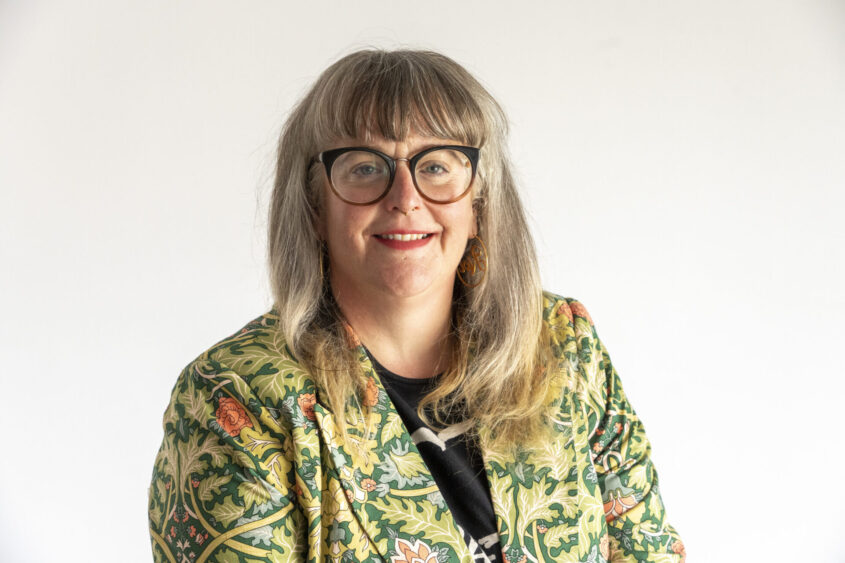Should I have the COVID-19 vaccine?
The vaccine is an important way for people at higher risk from COVID-19 to protect themselves from getting seriously ill from it.
This page explains who may be at risk of becoming more seriously ill if they were to get COVID-19.
The information here is based on the national guidance across the UK. It was accurate when it was published, and we update it regularly, but things do change. So check what the NHS says locally. There is information about COVID-19 for each UK nation, including the symptoms, what to do if you have symptoms, and the vaccine:
People who have cancer and are having some types of treatment may be more at risk of becoming seriously ill if they get COVID-19. This may include:
The vaccine is an important way for people at higher risk from COVID-19 to protect themselves from getting seriously ill from it.
If you are having chemotherapy, you are at higher risk of getting seriously unwell from COVID-19. The medical team may take precautions to reduce the risk of you catching COVID-19. For example, you may need to take a COVID-19 test before your appointment if you have any symptoms or feel more unwell than usual. If you haven’t yet had the vaccine, your doctor may advise you to have it.
If you are having chemotherapy, you are at higher risk of getting any infection, not just COVID-19.
Your chemotherapy team should give you a 24 hour emergency number to call if you are unwell or have symptoms of an infection. You may not necessarily have the standard symptoms of COVID-19. For example, not everyone will feel hot – some people with a very high temperature will feel cold and shivery.
Some people may still be at high risk of getting seriously ill from coronavirus, despite being vaccinated. This includes people who have certain types of cancer or have had treatments for certain types of cancer.
There are treatments available that can help stop you getting seriously ill if you get COVID-19. Read more about these treatments on the NHS website.
Your specialist should be able to let you know if you are eligible for these treatments. Check with your specialist if you think you are eligible but haven’t been told about it.
If you are eligible for the treatments, keep some lateral flow tests at home. Take a lateral flow test if you get any symptoms of COVID-19. You should be able to get the tests for free if you are eligible for treatments.
You will have an assessment, and if you are eligible for treatment, this will be prescribed for you. These treatments need to be taken quickly after your symptoms start.
If the test is negative but you still have COVID-19 symptoms, do a test the next day, and the day after that.
If it is some time since you had treatment such as chemotherapy or surgery, you will be at lower risk of becoming seriously ill from COVID-19. But you may still be at risk if you had your spleen removed during surgery, or have other health conditions that increase your risk. The NHS has information about who is at higher risk.
If you are worried or have questions about COVID-19, speak to your doctor or nurse.
You can also speak to our specialist nurses on our free Support Line.

Updated: June 2025